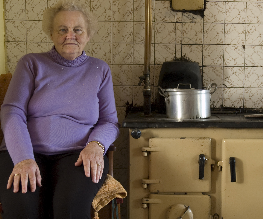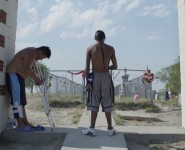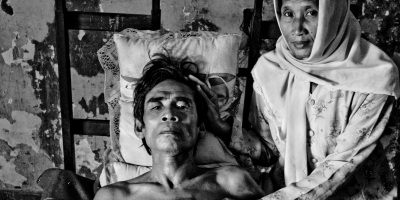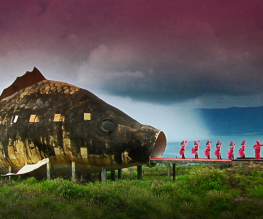His And Hers

It’s sometimes difficult, when a documentary has no narrator, to figure out the intentions of the maker. Showing us the sometimes touching, sometimes dull, often funny lives of lovely, ordinary Irish women as they talk about their relationships with men it’s almost impossible to know what the director of His And Hers wants us to walk away with. Silent, invisible and seemingly superfluous except – vitally – through the choice of editing, it’s tricky to know whether we’re being directed towards a particular opinion, insight, or even whether we are supposed to laugh with these women or at them. So you can’t help but do both.
With comedy moving further and further away from traditional slapstick and more towards subtle, nuanced realism – the gentle, tongue-in-cheek His And Hers could almost be a scripted BBC 3 experiment rather than a collection of interviews. And that’s fine – if that’s what the director, as well as his subjects, intended. But for every seemingly comedic chat about daily calenders (“there’s one colour for the things he’s doing, one colour for the things I’m doing, one colour for what we’re both doing…. and yellow for bike rallies”) there’s a heart-wrenching, intimate monologue about how a widow manages to carry on without her husband at her side. As an audience member who has spent the last thirty minutes happily giggling at the silly, provincial eccentricities of these funny ladies, you suddenly realise that you’ve turned into a bastard. A bastard who’s laughs at sweet old ladies, laughs at them and their ways even though their husbands are all going to die. They’ll die, these women will be alone, forever, and you just laughed at one of them because she was on a cross-trainer. This other one is riding a tractor. That’s funny, is it? You utter bastard.
Attempting to distance us from these women by pointing at them at their most ridiculous, but expecting us to share in their most intimate grief mere seconds later, the outcome is a little fuzzy. Though never cruel, Wardrob’s natural talent for spotting and drawing out the humour within these interviews means that these women come across as curiosities – celebrated ones, certainly – but you can’t shake the feeling that it’s all just slightly patronising. And with that in mind, it’s difficult to know whether your laughter is equally patronising. Without knowing whether these women entered into the bargain in on the joke, you never quite relax into it.
Still, there’s no denying that all good, hearty, no nonsense accounts of life from women who have actually lived it, which makes a change from glossy Hollywood dream-glaze. The women themselves are effortlessly engaging, their stories are touching and despite being a little slow in parts, it’s gently funny, enjoyable fare. As long as you’re OK with coming out the other side a bastard. You’ve been warned.






Recent Comments